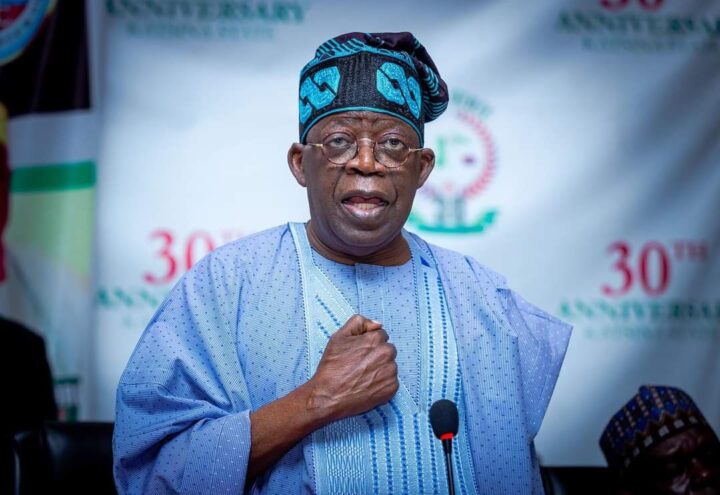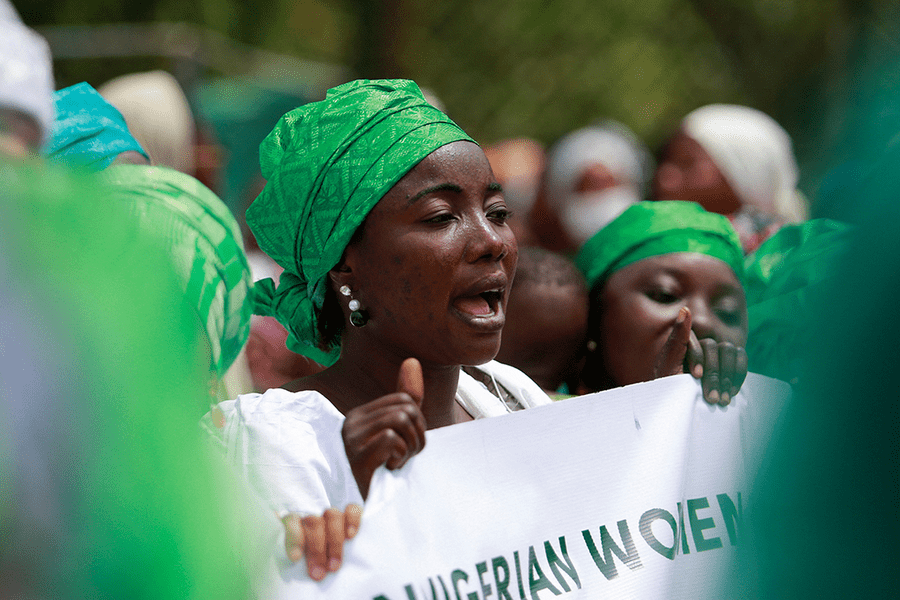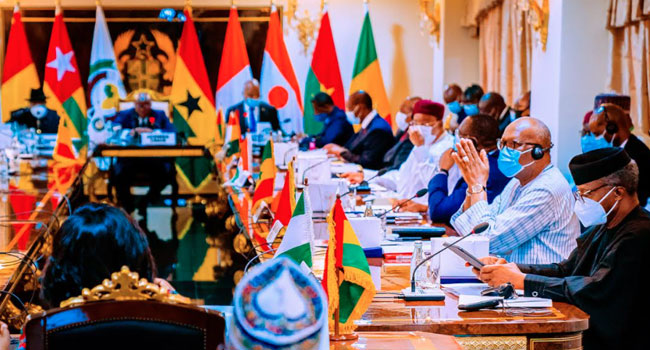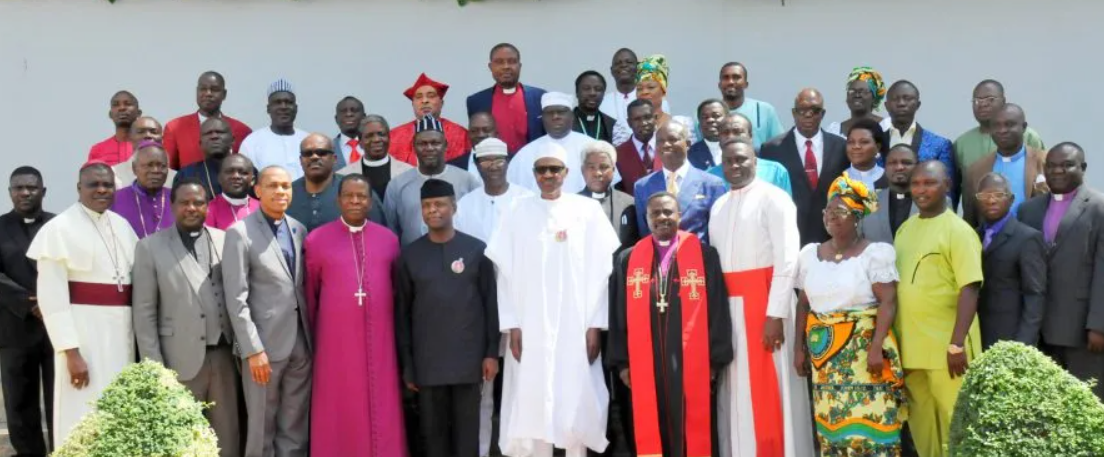EMMAUNUEL REMI AIYEDE
“I don’t think any person in Nigeria today of 200 million people, can say this is my turn. Now, it is never your turn. Even if you want to say it is the turn of the people, or of your own people, let’s even put it that way, then put what has happened given all the ethnic groupings in Nigeria. The north-east has never had the presidency, the north-central has never had the presidency, or the civilian presidency, and the south-east has never had one. Even if there is a claim to be made, these are the zones that could make such a claim. But for you to think because you have helped somebody to be therefore it must be your turn…. If it is your turn in the APC, that is your own problem. But that is not for Nigerians. Nigerians will come to decide what is best for them given what we have gone through,” Aliyu Babangida told Channels TV in an interview on June 21, 2022.
The post-June 12 crisis elite political settlement has been anchored on the principles of power shift and rotation of important political office, between the north and south and among the six geopolitical zones at the national level. At the state level, it is expected to rotate among the senatorial districts, and at the local government level among the wards. It has been a major issue of contention at every constitutional or political reform conference since then.
Ambitious politicians have appealed to these principles in the contestation for public office when they are at a disadvantage. Although these principles were called to overcome the crisis of the June 12 annulment, they are also inspired by the need to reassure Nigerians and guarantee that the sense of relegation and marginalisation created by the annulment of the June 12, 1993, presidential elections won by Chief Moshood Kasimawo Abiola, a southern Yoruba politician by the General Ibrahim Babangida Junta, a northern dominated military regime, would not recur. It is an important foundation of the political stability that Nigeria has enjoyed since its return to democratic rule in 1999. Many individual ambitions have been sacrificed to uphold these principles during these years. The high turnover in the national assembly can be partly attributed to the observance of these principles.
Advertisement
To be sure, like the federal character principle which has been enshrined in the constitution to promote a sense of belongingness by ensuring that the government is not dominated by a segment of the country, these principles have been challenged by those who have been forced to make sacrifices in the process of implementing the principles. Usually, such persons argue that merit should be allowed to take the day. This is understandable because it involves reverse discrimination in favour of the weak. Indeed, in the absence of such principles, often referred to as affirmative action, the principle of survival of the fittest takes the day.
Under the principle of survival of the fittest, the weak have little or no chance. In situations of regional or group inequalities, without such principles, some segments will be condemned to being servants and huers of woods for the strong. Indeed, the political wisdom behind the principle of the rule of law is to reassure the weak that its interest will be protected. Absent the rule of law, what we have is the rule of might. The result is anarchy.
Even in international politics, there is always a tension between the world of rules and a world of the survival of the fittest. There is a recognition of the unequal power of key actors in the international system and the anarchy that the operation of the principle of the survival of the fittest portends as demonstrated in the first and second world wars. The establishment of the United Nations, the five permanent seats in the UN with veto powers, the introduction of the universal declaration of human rights are principles designed to ameliorate the anarchy that could prevail under the free reign of the principle of the survival of the fittest. They account for the post World War II detente and the prevention of World War III for over 75 years so far.
Advertisement
These principles and the operation of the UN have been contested, undermined and disregarded by the superpowers through the many proxy wars and unilateral interventions. These have created instability and untold human suffering in many parts of the world, like the events occurring in Ukraine today. It is usually not in the interest of weak countries to support activities of the superpowers that undermine the UN and the principles and rules of the international system. In the same vein, it is not in the interest of the weak regions to support the undermining of political settlement principles. They would be victims of the strong if the principles of survival of the fittest is given free rein.
The federal character principle was introduced to reassure the north given the dominance of the south in the federal bureaucracy and educational institutions and similar opportunities. The principle of a power shift between the north and south was done to reassure the south of access to the highest office of the land as a result of the dominance of the north in politics. The six geopolitical zones were created to support the implementation of these principles given the diversity of peoples of both the northern and southern regions. The principle of federal character has not only remained in place but has also been strengthened by the Federal Character Commission.
Indeed, in the build-up to the 2023 presidential primaries efforts were made to jettison the principle of power shift. It was resisted by the southern governors. Nonetheless, the Peoples Democratic Party, although it is the only political party with the rotation clause entrenched in its constitution, disregarded the principles in the choice of its candidate. Former Vice President Atiku Abubakar has emerged as its flag bearer. In justifying his bid for the presidency, Abubakar argued that if the office is not micro-zoned to the south-east he would contest. He was arguing as, Babangida Aliu did, that from the south, it is only the southeast that can make claim to the office of the president in 2023. This is because the south-south and the south-west have taken their shot at the office of the president in the Fourth Republic. The argument by Atiku was informed by the bid by Governor Wike of Rivers state from the south-south to become the flag bearer of the PDP. Wike had argued that the sacrifice he has made to keep the PDP over the years entitled him to be the next presidential candidate, emi lokan.
A similar event happened in the All Progressives Congress (APC), where the Bola Ahmed Tinubu (BAT), the Jagaban of Borgu, argued that his sacrificial service to the APC and the election of President Buhari entitles him to be the flag bearer of the APC, emi lokan. The emi lokan approach which failed in the PDP and succeeded in the APC serves to trump the principles of powershift and rotation, vital political settlement principles catalysed by the June 12 crisis to protect the south-west, south-east and south-south against the great advantage of the north in democratic politics. The Afenifere, Ohaneneze Ndigbo, Pan-Niger Delta Forum and the Middlebelt Forum have worked hard to protect these principles and conversed for a president from the south-east.
Advertisement
Since the return to democracy, there has been a sustained argument from the south that the structure of the country has continued to favour the north in relation to the south. The south-south and the south-west have been very vociferous in making this argument. The idea is that such restructuring will deepen equity and self-determination of the various regions, support and give deeper meaning to the principles of powershift and rotation or to at least reduce their deleterious effects. By the share force of the ambition and muscle of a single man, the south-west is now becoming the force to undermine the principle of powershift and rotation. Has the south-west become so strong that it no longer needs protection against the great northern advantage?
What will happen if Atiku wins the presidential election? Will the south-west accept defeat and keep the peace? Or will it return to the trenches and claim that the elections have been rigged? Or will it claim that a northern advantage has come to light and rejig the call for restructuring or for the Oodua republic? If BAT wins and nature happens, and the power goes to the north, will the vice president not assume office and be entitled to another four years after completing BAT’s tenure? If the power returns to the south afterwards, will it still be the turn of the south-west? Will the south-east not be ready then? Is BAT’s success at the APC primaries not likely to end up as pyrrhic?
Aiyede is the head of the Department of Political Science, University of Ibadan
Advertisement
Views expressed by contributors are strictly personal and not of TheCable.
Add a comment






